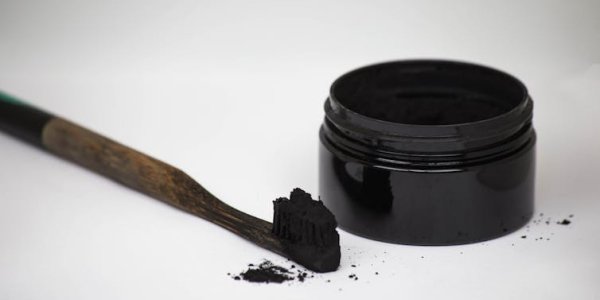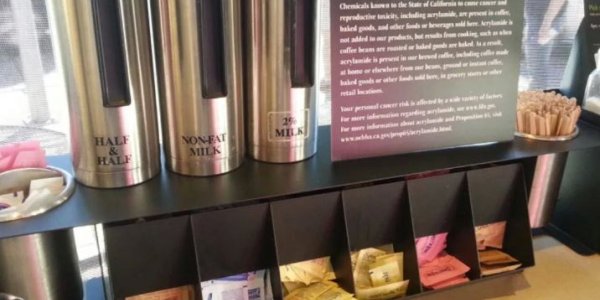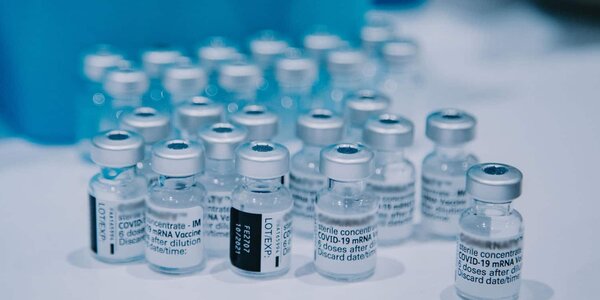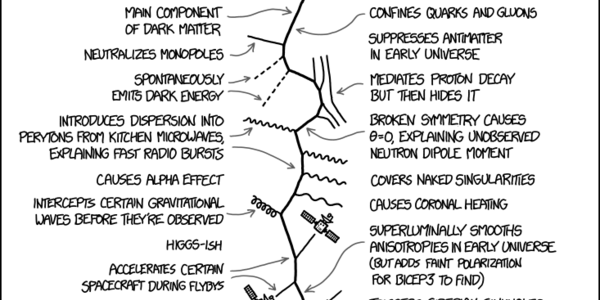No Toothpaste? Brush Your Teeth With An Arak Tree Twig
Most people use toothbrushes, toothpaste and dental floss to clean their teeth, but their use is by no means universal. Many indigenous groups, as well as people in developing countries, use…










